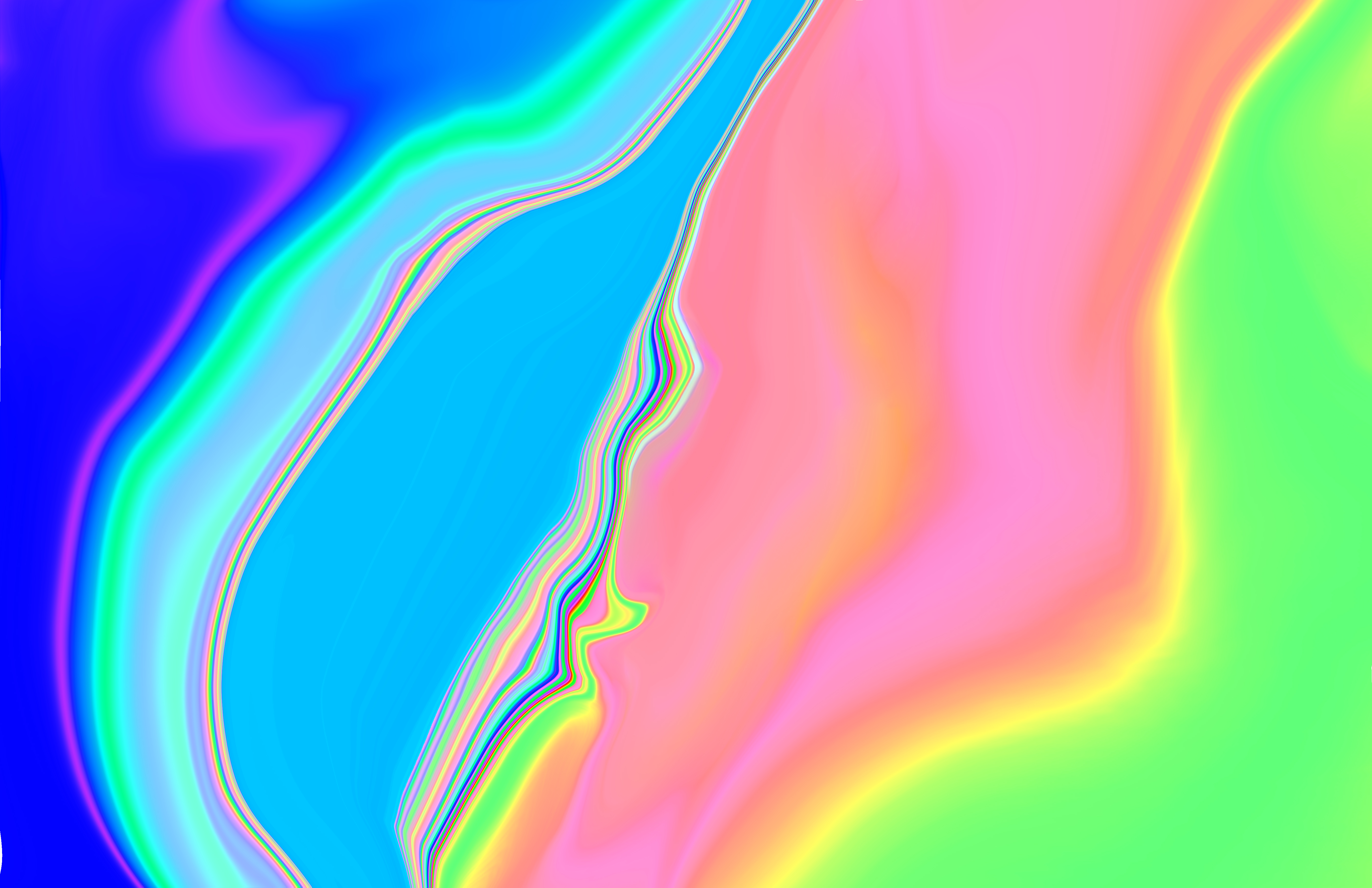Since 2008, CreativeApplications.Net (CAN) has been at the forefront of innovation—facilitating and driving the conversations about technology, society and critical making. It has played an instrumental role in uncovering and contextualising noteworthy work, featured on the festival and gallery circuit or developed as academic research. With over 3,500 catalogued projects, experiments, texts and reviews, CAN plays an instrumental role in shaping the innovative creative practices of tomorrow.[1]
Rhizome champions born-digital art and culture through commissions, exhibitions, digital preservation, and software development. Founded by artist Mark Tribe as a listserve including some of the first artists to work online, Rhizome has played an integral role in the history of contemporary art engaged with digital technologies and the internet. Since 2003, Rhizome has been an affiliate in residence at the New Museum in New York City.[1]
Mute is an online magazine dedicated to exploring culture and politics after the net. Mute combines biannual issues dedicated to specific topics (Precarious Labour, The Knowledge Commons, etc) with regularly updated articles and reviews. The site also features ongoing coverage of relevant news and events contributed by ourselves and our readers.
As well as the online magazine, Mute also publishes a biannual magazine in print (aka Mute Vol. 3), which features selections from current issues together with other online content, specially commissioned and co-published projects.
Mute magazine was founded in 1994 to discuss the interrelationship of art and new technologies when the World Wide Web was newborn. But, as mass participation in computer mediated communications has become more integral to contemporary capitalism, its coverage has expanded to engage with the broader implications of this shift. Mute’s investigation of the social, economic, political and cultural formations of ‘network societies’ maintains an accent on the relationship between technology and the production of new social relations. At the same time, the magazine’s remit has grown broader and now includes analyses of geopolitics, culture and contemporary labour that, while necessarily inflected by contemporary developments in technology, go far beyond this.
While Mute was born out of a culture that celebrated the democratising potential of new media, it becomes ever more apparent that we need to critically engage with the ways in which new media also reproduce and extend capitalist social relations. Mute invites its readers and writers to consider new possibilities for resistance to hegemonies wherever they find them, from socio-economic and technical structures, to codes of representation and enunciation, to the production and articulation of psychic experience and beyond. We also welcome critiques of the contemporary fetishisation of ICT as either inherently progressive or entirely reactionary. Finally, Mute hopes to stimulate approaches to art and politics that challenge the orthodoxies of both the constituted left and ‘critical’ new media culture. [1]





